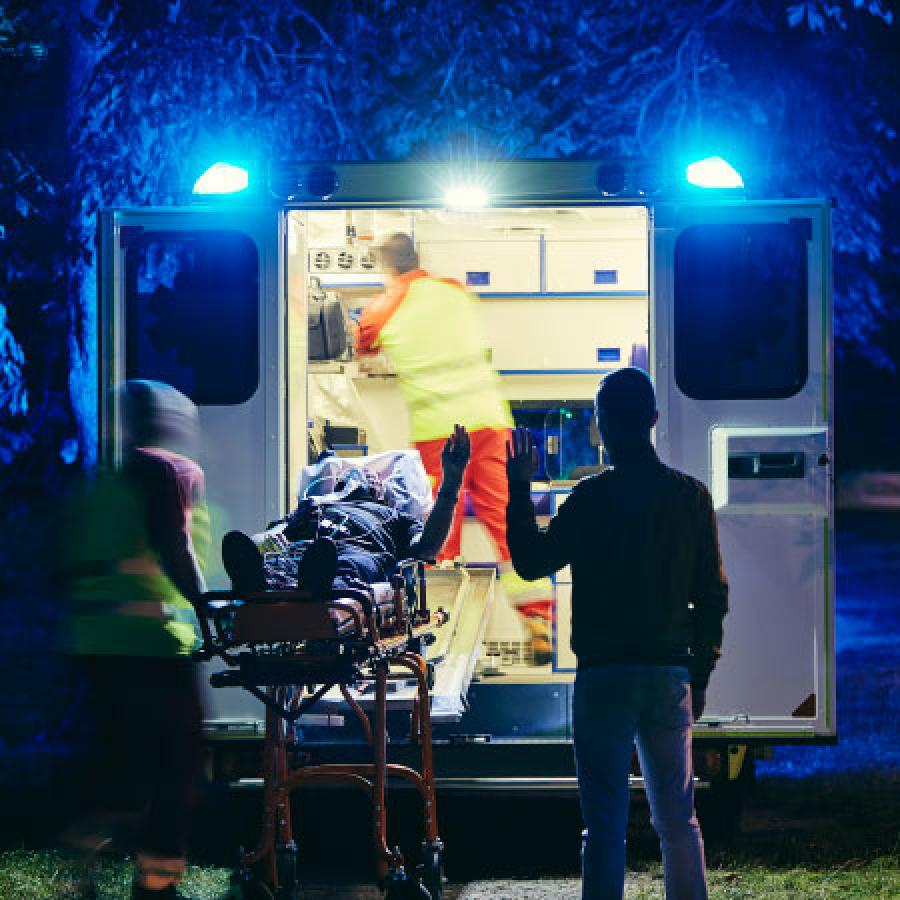Transformative Solidarity [Issue 2]
Covid-19 and Race Commentary -- the latest news digest and analysis about the pandemic’s disproportionate impact on people of color and strategies for a just, fair, and inclusive recovery.
Issue No 2. April 22, 2020
Transformative Solidarity
By Michael McAfee
During the closing plenary of Equity Summit 2018, Black, Latinx, Asian, Native American, and transgender activists told deeply moving personal stories about the power of solidarity to transform lives and society. The audience of thousands was transfixed and expressed appreciation with cheers, snaps, and a long standing ovation. This powerful experience left us all eager to find and embrace opportunities to act in solidarity with others to reverse centuries of injustice and build an equitable, sustainable future. This is that moment writ large.
All across this nation and much of the world, people are making sacrifices to save lives and avoid suffering, their own and others. As some have taken to the streets to demand the abandonment of the commitment to social distancing, most people are standing together in solidarity, even as we stay apart and watch the economy in free fall. Inevitably, we will have to begin to bring back economic activity. This will be a bigger test of our solidarity.
Unchecked, governments will focus first and most generously on the needs of big business, with a rationale that when corporate America thrives, prosperity will trickle down to all. But it never works that way, and this is not the time to revert to economic clichés and failed strategies. The country can best meet the economic needs of business and the public by recognizing the contributions of and paying fairly for the labor of essential workers and their families — the women and men who grow, pick, bag, and deliver our food; care for the sick; clean our streets; and teach our kids. This is how we win on equity. At this moment, let’s rebalance power in the economy by rallying for the expansion of worker power and guaranteeing that anyone who wants a job can get a good job. As we begin to think about recovery, we must commit to become a better nation than we were before this pandemic.
Nothing short of an extraordinary, strategic, North Star-centered solidarity will lead to this new social contract. The old saying that a crisis is a terrible thing to waste was never truer than it is now. Through thoughtful, targeted, careful recovery this nation can begin to address the root causes of the racial and ethnic devastation — physical and economic — that has sadly become the salient story of this crisis. To effectively advocate for this new world, it will be necessary to break out of silos and join together to demand and usher in a groundswell of liberating actions that begin to build an economy that respects and includes all, especially-low income people of color whose economic vulnerabilities have been laid bare. We will need transformative solidarity.
– Michael McAfee, President and CEO, PolicyLink
Highlights from the News, Analysis, and Commentary
Race is central to the Covid-19 crisis. “I know some would rather we not discuss it,” author and educator Tim Wise writes in an essay, Color Blindness and Coronavirus. But at this moment, as always in America, race and more specifically, race-based inequities have consequences for health, access to treatment, economic well-being, and survival. Writing in The Undefeated, Soraya Nadia McDonald, looks at how Jim Crow affected the treatment of African Americans fighting the Spanish flu in 1918 and shaped the public health system we have today. The New York Times examines why Covid-19 is a civil rights issue. Keeanga Yahmatta-Taylor writes a potent, comprehensive piece on the Black Plague in The New Yorker.
Just as race matters, place matters too — and leadership is key. One reason why California has not been hit as hard, proportionately, as some other states is because the governor, mayors, and county health officials acted quickly. Kaiser Health News details how officials across cities and counties in the San Francisco Bay Area coordinated their response and issued the nation’s first orders to shut businesses and stay home, a move that saved lives and became a model for much of the rest of the nation. A statewide shelter-in-place order soon followed and local mayors acted quickly.

